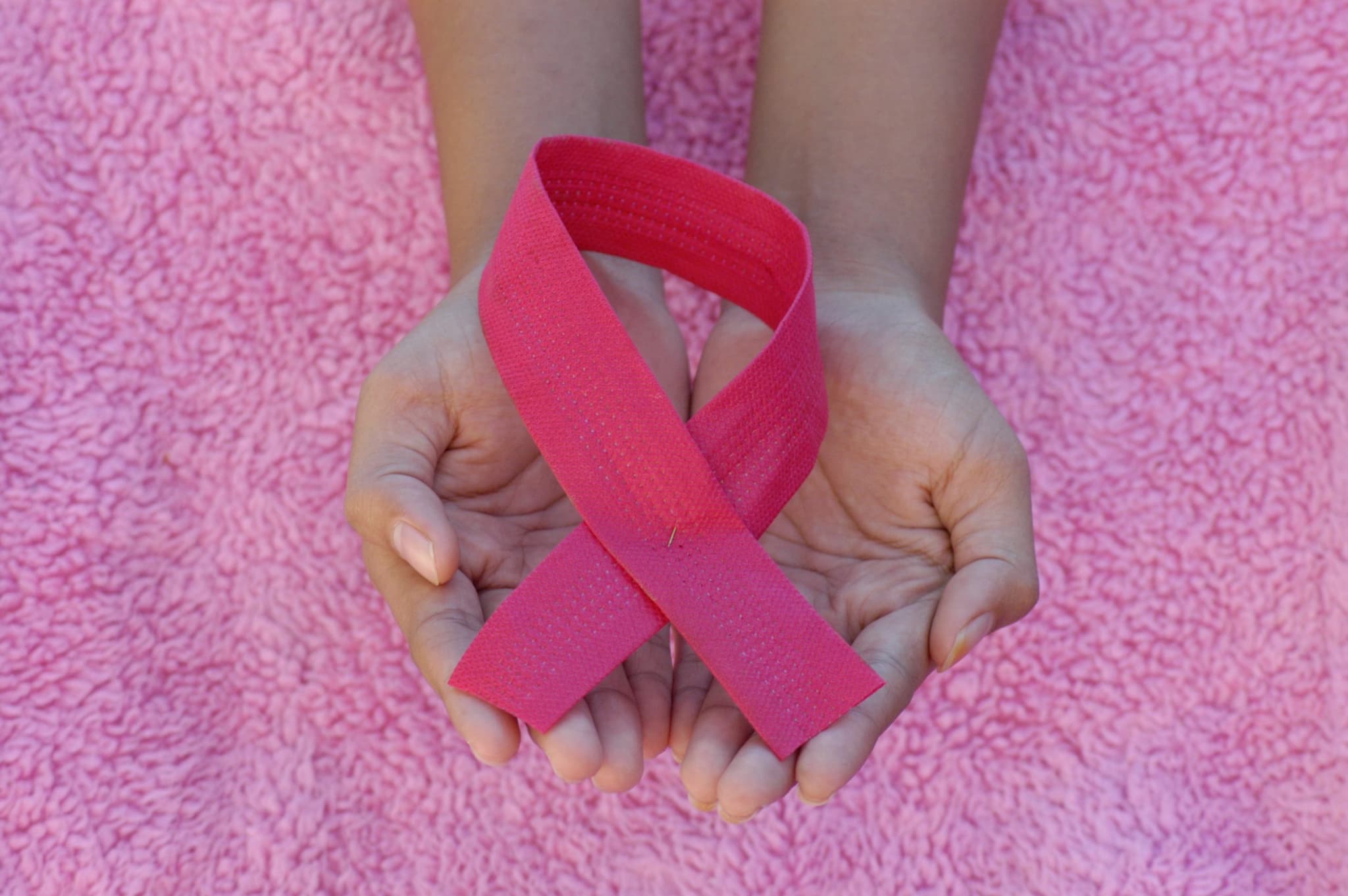In The Field
Research
Workforce
Flexibility is integral to support those returning to work in ECEC post cancer survival

Freya Lucas
Dec 10, 2020
Save
Returning to work can play an important role in recovery for breast cancer survivors – but workplace flexibility is key, according to new research from Macquarie Business School.
The new study found that employees from a variety of sectors and industries appreciate greater flexibility and more tailored workplace adaptations like part-time or remote work, rather than a rigid set of entitlements when they feel fit to return to work.Dr Senia Kalfa from Macquarie Business School’s Department of Management interviewed Australian women who had survived breast cancer about their return-to-work experiences in research just published in the Journal of Work, Employment and Society.
“Most women I spoke to were not aware that, after 12 months continuous employment, they have the right to ask for flexible work arrangements from their employer – and often, this isn’t being offered,” Dr Kalfa said.
Along with her co-authors, Dr Layla Branicki from the UK's Open University Business School and Professor Stephen Brammer from the UK's Bath School of Management, Dr Kalfa argued that there is both an economic case and a moral case for organisations to develop responsible return-to-work practices that better respond to individual needs.
“Australia’s relative five-year survival rate of 91 per cent and our high rate of female labour force participation at 61 per cent means the majority of people diagnosed with breast cancer will return to work,” Dr Kalfa said.
Given the extraordinary rate of female employees in the early childhood education and care (ECEC) sector, the findings have special relevance to employers in the field.
Aside from securing financial wellbeing, returning to work delivers important benefits to breast cancer survivors, giving them purpose and dignity, social connection, self-esteem and a sense of normality.
“Surprisingly, most women we interviewed didn’t leave work when they were first diagnosed, they took time off for treatment but they wanted to go back as fast as possible,” researchers shared.
“Women with young children were more often the exception, partly as they wanted to spend time with their kids, but also their treatment can be tougher as cancers tend to be more aggressive in younger women.”
Women returning to work after a cancer diagnosis often face further health and economic disadvantages and are more likely to experience precarious, part-time, and temporary employment – which can add to their stress levels and impact on their health.
Cancer survivors are 1.4 times more likely than other individuals to be unemployed, can sometimes take two years or more before returning to work, and on their return can face a loss of self-confidence and deteriorating career prospects, researchers found.
Doctors Kalfa, Branicki and Brammer say the interviews showed that breast cancer survivors experienced wildly varying responses from different organisations. “Their work capacity was variously ignored, bureaucratised, challenged, micro-managed, recognised, and respected,” they said.
Employer responses to a cancer survivor’s return to work were grouped into four main types:
- Strict adherence to legal obligations - a common approach in public sector organisations where employers stuck within entitlements and did not waver from parameters.
- Accommodating individual needs - employers in this group recognised and accommodated the different needs of breast cancer survivors, noting that the treatment and the cancer itself affects women in different ways.
- Economic focus - employers in this group noted the value of the employee as a member of the organisation and worked to accommodate needs purely because of the “sunk costs” of replacing a unique or valuable team member
- Above and beyond - in this category, cancer survivors were supported during and after treatment, with colleagues providing support, helping with home duties, attending medical appointments and so on.
The core take away, Dr Kalfa said, is “that just sticking to return-to-work practices that meet the minimum regulations isn’t sufficient to meet the needs of most people with breast cancer.”
“There is both a strong economic case and a strong moral case for flexibility and for tailoring a solution to the person’s needs,” she said. “Just ask them.”
To access the findings please see here.
Don’t miss a thing
Related Articles



















